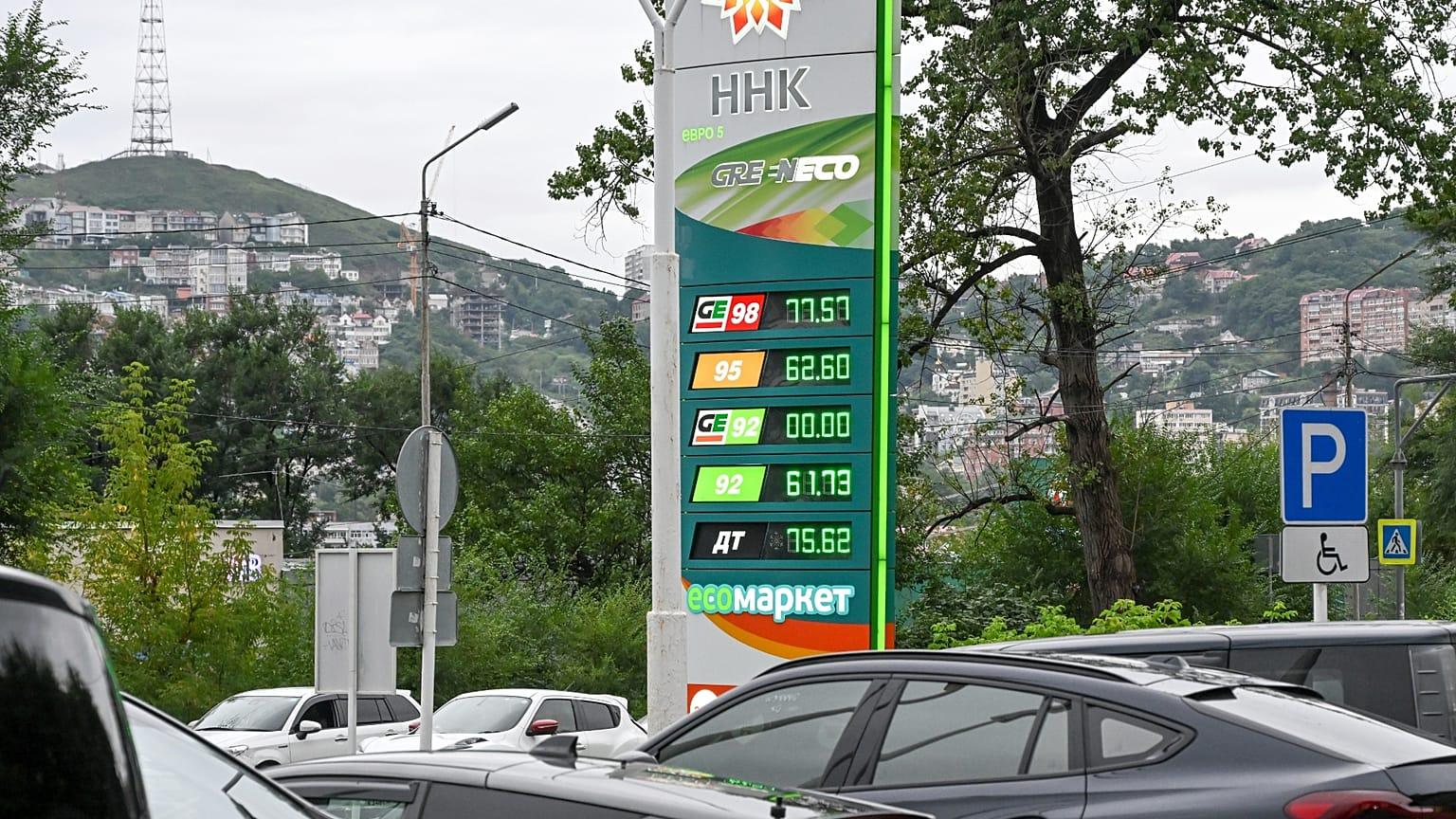Understanding the Russia Petrol Crisis: Impacts and Implications

Introduction
The Russia petrol crisis has emerged as a critical issue affecting global energy markets, following the nation’s recent geopolitical decisions and sanctions imposed by Western countries. With petrol prices surging worldwide, this situation is drawing attention from governments, businesses, and consumers alike, making it imperative to understand its causes and potential ramifications.
The Current Situation
As of October 2023, Russia has been grappling with a significant reduction in its oil exports due to intensified sanctions from the European Union and the United States, aimed at curtailing the nation’s revenue from fossil fuels. These measures have resulted in a sharp decline in global oil supplies, exacerbating the existing energy crisis that began with the COVID-19 pandemic and was further strained by the ongoing conflict in Ukraine. According to the latest data, Russian oil exports have fallen by nearly 25% in recent months, leading to a considerable increase in fuel prices across Europe and Asia.
Impact on Global Markets
The fallout from the crisis is being felt across various sectors. Analysts predict that petrol prices could continue to rise, potentially reaching new highs as the winter season approaches, when demand typically increases. This surge in prices is likely to fuel inflation and could further strain consumers’ budgets, particularly in nations heavily reliant on imported fuels. Moreover, countries are exploring alternative energy sources and suppliers, leading to shifts in global oil alliances and partnerships.
Government Response
In response to the crisis, several governments are implementing measures to mitigate the economic impact on their populations. For instance, the UK government has announced plans to increase strategic fuel reserves and invest in renewable energy projects to reduce dependency on Russian imports. Similarly, the EU is intensifying efforts to diversify its energy supply, aiming to cut reliance on Russian gas and oil by using renewable sources and increasing liquefied natural gas (LNG) imports from the US and Qatar.
Conclusion
The Russia petrol crisis presents a multifaceted challenge with significant implications for global energy security and economic stability. As countries race to adapt to new realities in energy supply and pricing, the importance of investing in alternative energy solutions becomes increasingly clear. The situation remains fluid, and its long-term effects will likely reshape energy policies and international relations for years to come. For readers, staying informed about these developments will be crucial, as they will impact everything from household budgets to global economic trends.
